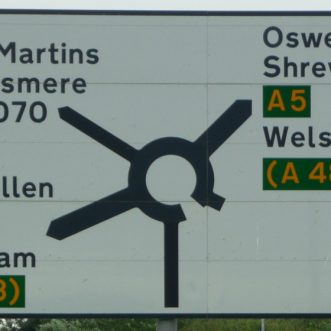February 21, 2019
‘Standardisation’ often results in every customer being treated the same – whether they like it or not.
To my mind, a better way of looking at standardisation is that it is about treating the same kind of customer in the same kind of way – and of course, in a way that delivers on the promise you’ve made to them before they bought..
So if, for example, you have 4 different services, you could design 4 delivery processes. They may have a lot of activities in common, but by designing a process for each service, you’re making sure the process is easier for everyone to follow – neither you nor your customer is being made to do unnecessary work.
It may even be the case that different people on your team prefer delivering one kind of service to another, so splitting them means you can always have the best person for the job.
Of course there will always be exceptions, so room has to be left for these to be handled in a way that still delivers on the promise, but they should really be exceptions.
The key to all of this, is to start from the customer’s shoes.
The interesting thing is that, in my experience, getting it right from the customer’s perspective, actually makes things much easier and more profitable to run.









